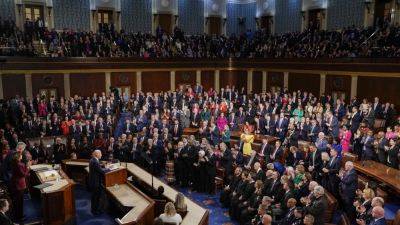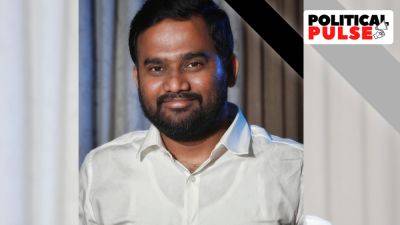As TN, Kerala Governors do Assembly walk out, SC has more than once defined the limits of their powers
Tamil Nadu Governor R N Ravi ending his customary address abruptly and walking out from the Assembly on Monday, and his Kerala counterpart Mohammad Arif Khan’s similar action a month ago, have once again brought the Constitutional role of Governors into focus.
The apex court has had multiple opportunities to explain and clarify the Governor’s Constitutional role, including in situations like in Tamil Nadu and Kerala where there is an alleged delay in taking action on Bills passed by the state Assemblies.
Article 163 of the Constitution states that the Governor is bound to exercise his functions only after the Council of Ministers and the Chief Minister of a state give their “aid and advice”, unless the Constitution specifically requires him / her to exercise discretion.
One of the first cases where the Supreme Court focused on the Governor’s role was in 1994, after then Karnataka Governor P Venkatasubbaiah recommended President’s Rule in the state after 19 MLAs reportedly withdrew support to the S R Bommai government. The Manmohan Singh-led Congress government was in power at the time. He reasoned that Bommai no longer enjoyed a majority and no other party was capable of forming the government.
The Supreme Court, while hearing the case, held that a report with a “detailed factual foundation” to show that the “Constitutional machinery in the state has failed” must be submitted to the President. The report, the Court said, must be sent to the Council of Ministers and can be sent to the President only after it receives their approval, as the Governor was bound by their aid and advice.
The issue came up in the apex court again in 2016, after Arunachal Pradesh Governor Jyoti Prasad Rajkhowa unilaterally decided to advance the







